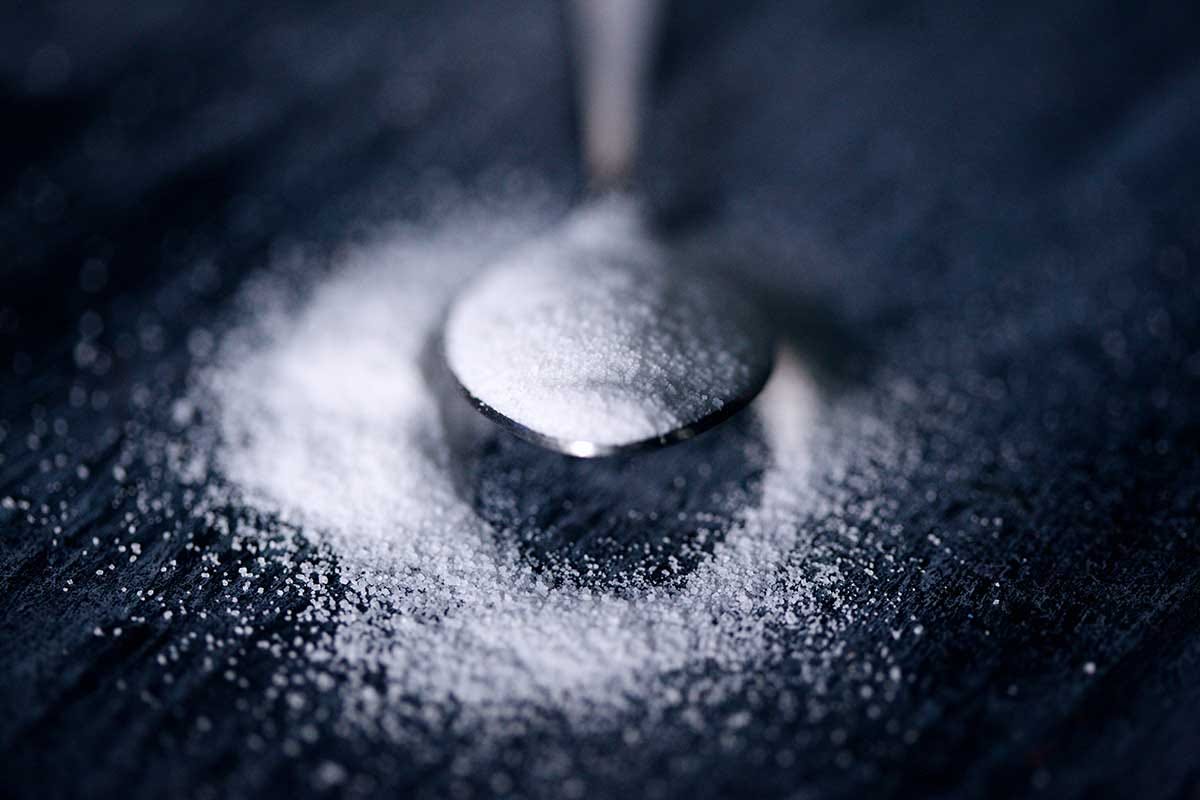Healthcare News
Artificial sweeteners and risk of cardiovascular diseases: results from the prospective NutriNet-Santé cohort - the bmj
Slowly, brick by brick, we are discovering that much of what the medical profession has told us is bad for us is actually the opposite. Here is a prime example where we have constantly been told sugar is bad but artificial sweeteners are good. This Study was published in the BMJ.
ABSTRACT
Objectives To study the associations between artificial sweeteners from all dietary sources (beverages, but also table top sweeteners, dairy products, etc), overall and by molecule (aspartame, acesulfame potassium, and sucralose), and risk of cardiovascular diseases (overall, coronary heart disease, and cerebrovascular disease).
Design Population based prospective cohort study (2009-21).
Setting France, primary prevention research.
Participants 103 388 participants of the web based NutriNet-Santé cohort (mean age 42.2±14.4, 79.8% female, 904 206 person years). Dietary intakes and consumption of artificial sweeteners were assessed by repeated 24 h dietary records, including brand names of industrial products.
Main outcomes measures Associations between sweeteners (coded as a continuous variable, log10 transformed) and cardiovascular disease risk, assessed by multivariable adjusted Cox hazard models.
Results Total artificial sweetener intake was associated with increased risk of cardiovascular diseases (1502 events, hazard ratio 1.09, 95% confidence interval 1.01 to 1.18, P=0.03); absolute incidence rate in higher consumers (above the sex specific median) and non-consumers was 346 and 314 per 100 000 person years, respectively. Artificial sweeteners were more particularly associated with cerebrovascular disease risk (777 events, 1.18, 1.06 to 1.31, P=0.002; incidence rates 195 and 150 per 100 000 person years in higher and non-consumers, respectively). Aspartame intake was associated with increased risk of cerebrovascular events (1.17, 1.03 to 1.33, P=0.02; incidence rates 186 and 151 per 100 000 person years in higher and non-consumers, respectively), and acesulfame potassium and sucralose were associated with increased coronary heart disease risk (730 events; acesulfame potassium: 1.40, 1.06 to 1.84, P=0.02; incidence rates 167 and 164; sucralose: 1.31, 1.00 to 1.71, P=0.05; incidence rates 271 and 161).
Conclusions The findings from this large scale prospective cohort study suggest a potential direct association between higher artificial sweetener consumption (especially aspartame, acesulfame potassium, and sucralose) and increased cardiovascular disease risk. Artificial sweeteners are present in thousands of food and beverage brands worldwide, however they remain a controversial topic and are currently being re-evaluated by the European Food Safety Authority, the World Health Organization, and other health agencies.
Trial registration ClinicalTrials.gov NCT03335644
Introduction
The harmful effects of added sugars on various health outcomes including cardiometabolic disorders have been extensively studied, meta-analysed12 and are currently recognised as major risk factors by public health authorities. In particular, the World Health Organization recommends that less than 5% daily energy intake should come from free sugar.3 Artificial sweeteners emerged as an alternative to added sugar that enabled the sweet taste to be reproduced without using sugar and therefore reduced calorie content from free sugar, which was highly appreciated by consumers.4 Artificial sweeteners currently represent a $7200m (£5900m; €7000m) market globally, with a 5% annual growth projected to attain $9700m by 2028.5 An extensive number of brands worldwide contain these food additives, especially ultra-processed foods such as artificially sweetened beverages, some snacks, and low calorie ready-to-go meals or dairy products; overall more than 23 000 products worldwide contain artificial sweeteners.6 Artificial sweeteners are also directly used by consumers as table top sweeteners instead of sugar. Acceptable daily intakes for each artificial sweetener have been set by the European Food Safety Authority (EFSA), the United States Food and Drug Administration, or the Joint Expert Committee on Food Additives. Nonetheless, they remain a topic of controversy and are currently undergoing a re-evaluation by several health authorities, including the EFSA7 and WHO.8
Discussion
Principal findings
In the NutriNet-Santé cohort, total artificial sweetener intake was associated with increased risk of overall CVD and cerebrovascular disease. Aspartame intake was associated with increased risk of cerebrovascular events, and acesulfame potassium and sucralose were associated with increased coronary heart disease risk. Our results suggest no benefit from substituting artificial sweeteners for added sugar on CVD outcomes.
Read the full Study here:
HWSS Newsletter & Healthcare News is a reader-supported publication. To receive new posts and support my work, please consider becoming a free or donor subscriber.




